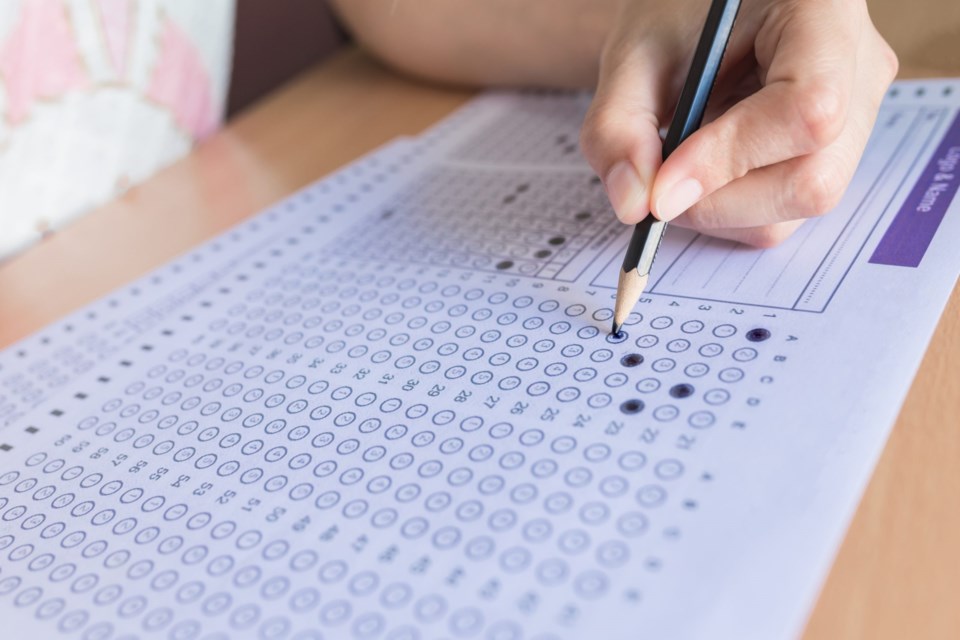A Texas state lawmaker filed a bill on Jan. 25 that would replace the State of Texas Assessments of Academic Readiness (STAAR) test in schools.
State standardized testing is common in almost all states. In fact, Nebraska is the only state that does not mandate testing. But some advocates in Texas do not believe the STARR test is friendly for all students.
State Rep. Matt Shaheen filed House Bill 680 because he is "concerned about the accuracy and validity of STAAR tests after reviewing a study by The Meadows Center for Preventing Educational Risk at the University of Texas at Austin."
“If changing the method by which we test our students will help maximize student academic potential and not decrease accountability, I’m willing to fight for an innovative substitute to STAAR, which is why I filed House Bill 680,” Shaheen said in a statement.
Shaheen previously formed an advisory panel to examine a more effective form of testing that accurately shows whether students score above or below grade level. The committee believes student testing would yield more accurate assessments by adapting test content to each student’s knowledge level.
“I am determined to correct the course of this floundering accountability system for the future of our children and The Lone Star State,” Shaheen said. “I was elected to make decisions in the best interest of my constituents, and that includes our children.”
Students take the STAAR test in the following grades:
Mathematics- annually in grades 3-8
Reading- annually in grades 3-8
Social studies- grade 8
Science- grades 5 and 8
The Texas Education Agency (TEA), conducted an assessment of the validity and reliability of the STAAR test in 2016. The study found that “a given test score could be ‘valid’ for one use but not for another. Evidence may exist to support one interpretation of the score but not another.”
Advocacy group Raise Your Hand Texas also expressed concerns about the test. A report was released after feedback was received from more than 15,000 parents about the STAAR test. Many believe schools should consider other factors when determining a student's success.
“By moving to an adaptive form of assessment, we can accurately measure grade level, college readiness proficiency levels and growth,” Shaheen’s statement said.




